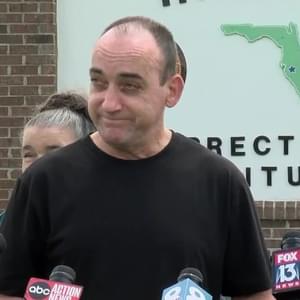Earlier in September, a Nevada district judge ordered the immediate release of Ronnie Milligan, who spent over 20 years on death row. Milligan, a Navy veteran, may have been wrongfully convicted of the 1980 killing of Zolihon Voinski. Milligan was the only one of three co-defendants who was sentenced to death for the crime. Four years ago, the Nevada Supreme Court set new death penalty sentencing protocols that toughened requirements for making an inmate eligible for the death penalty. The new ruling required the existence of at least two aggravating factors, and Milligan was among a handful of inmates who benefited from the ruling. Doubts concerning Milligan’s guilt were also raised after a letter written by an eyewitness at his trial, Ramon Houston, was discovered. In the letter, Houston indicated that he killed Voinski, not Milligan. The letter also disclosed that Milligan, who testified at his trial that he was in an alcoholic blackout at the time of the crime, was not even at the scene when Voinski was killed. Another co-defendant signed an affidavit saying that Milligan was not present during the killing, and that everybody involved conspired against him when they learned he had no memory of that day. Expressing “grave reservations” about Milligan’s guilt, District Judge Richard Wagner sentenced Milligan to a term of life with the possibility of parole and determined that Milligan was immediately eligible for parole.
(D. McMurdo, “Court ruling frees former Nevada death row inmate,” Las Vegas Review-Journal, September 24, 2010). See Innocence and Causes of Wrongful Convictions.
Innocence
Mar 01, 2024




